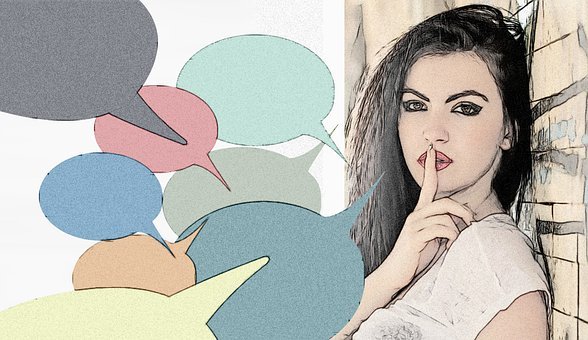SILENCE
From psychological science, from the promotion of human rights and from a critical political perspective we must say exactly the opposite: silence is not health! If something can be healthy in the face of injustice, it is not precisely to remain silent. It's its antithesis: it's talking! In that sense, there is nothing more liberating than the word.
Violence, in any of its manifestations, leaves physical and psychological consequences.
Although the concept of violence is very broad, in general terms it must be understood as an external agent that attacks the person who suffers it. In this perspective, any attack on the integrity of the subject is recorded as violence: from a natural disaster or a serious accident to war, intrafamily abuse, sexual abuse or political violence. The consequences that this aggression brings vary according to the personal constitution of the subject who experiences it and the context in which it occurs. But always, to a greater or lesser extent, a violent fact leaves marks.
The mental health of a subject or a community is a particularly significant index of their quality of life. Who lives terrified, afraid, who can not talk about himself, about his problems, lives badly. Everyone who has suffered attacks on their integrity carries a difficult burden to bear, and in many cases manifests clinical disorders. Different investigations with populations that were subjected to violent acts (raped women, people who lived in war - as a civilian or as a combatant -, displaced from their regions of origin, persecuted politicians, communities victims of ethnic discrimination) realize that between 25 and 50% of its members show symptoms of dysfunction (what some call post-traumatic stress). People who suffer, who live badly; Complete populations that suffer afflictions linked to a traumatic event - and traumatizing. All this deteriorates the possibility of development and full realization.
